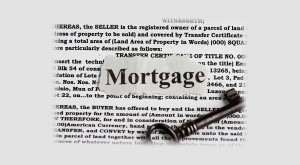
January 22, 2014
FHA Loan Reader Questions: Getting Behind on an FHA Mortgage
A reader asks, “Let’s say a borrower misses a month’s payment. The next month, they have enough money for one payment, but not the two months that they owe. Can the lender tell them not to pay until they have enough money for *all* that they owe, preventing them from at least not getting further behind in their payments? This feels unethical; is it legal?” Skipping payments on an FHA loan is a bad idea in general. The reader did the right thing by contacting the lender as soon as there was a problem making the payments–borrowers should always work closely with a lender in order to avoid going into FHA loan default and foreclosure. But in situations where the borrower isn’t sure if the participating FHA lender is helping | more...









